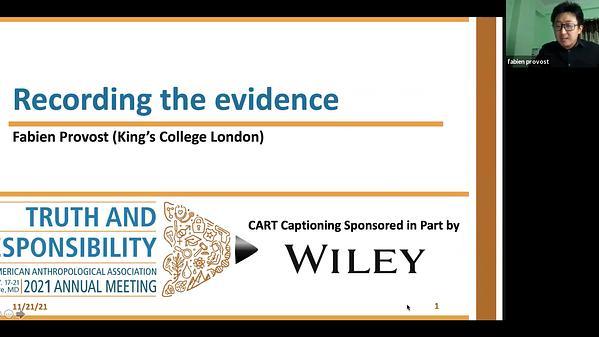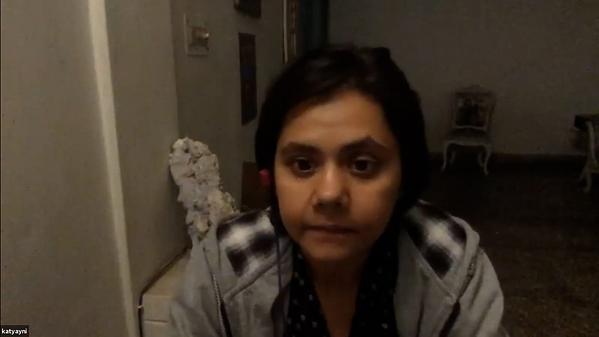Would you like to see your presentation here, made available to a global audience of researchers?
Add your own presentation or have us affordably record your next conference.
keywords:
paperwork
bureaucracy
power
The desire to retain and preserve objects that hold information about individuals can prompt the creation of bureaus, libraries, databases and archives. Anthropologists have studied the inception and day-to-day maintenance of such informational infrastructures to shed light on the ways in which material forms, particularly paperwork, create bureaucratic power and authority (Feldman 2008, Gupta 2012, Hull 2012, Mathur 2016). Files, forms and documents speak to us about the logics that animate record-keeping. This panel takes a different route to the study of documents, namely through an attention to disposal. It considers disposal to be a key moment in the life of records. It asks: In the movement from observation to file, what information is deemed worthy of deletion? As paper is endowed with authority, are other modes of life subsumed within it or silenced? If law, medicine and claims to citizenship require documents that show precedent, when are such documents allowed to expire and be disposed of? The ability of paper to retain potential even when it has lost day-to-day significance guides this panel’s approach to disposal. If, as the media theorist Cornelia Vismann argues, wastepaper is an institution, one that necessarily responds to the “monstrous proportions” of paper generated in bureaucracies (2016, 161), how is disposability communicated, enacted or refused? This panel will be a platform that enables conversations about the afterlives of bureaucratic artefacts. We hope that casting the collection and retention of informational objects in light of their disposability will allow us access to a more dynamic picture of power, one that takes into account the time limits, temporalities of attachment, and material frailties of objects used to stabilize power. We also hope that an attention to disposal will grant us ethnographic entry into liminal spaces of administrative infrastructures: places like wastebaskets, shredders and trash files or suitcases, wallets and laptops where paper languishes, capable of both obsolescence and reactivation.

